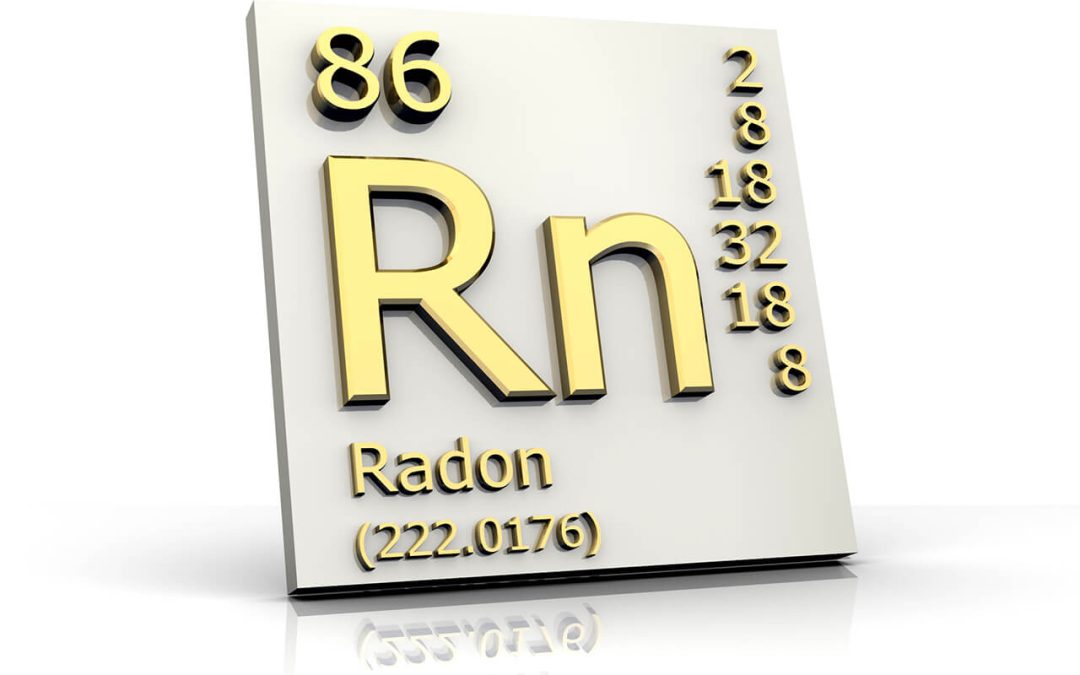Radon is a naturally-occurring gas that can be found in some homes. It’s colorless and odorless, so it’s impossible to detect without specialized equipment. While radon levels outdoors are usually low enough to be harmless to humans, the levels may be much higher inside the home. If left unchecked, it can pose serious risks to your health. Here’s what you need to know about radon in the home.
Where Does Radon Come From?
Radon comes from the breakdown of uranium in soil, rock, and water and can enter homes through small openings or cracks in walls and floors. It is also found in some building materials like granite countertops, brick, mortar, and concrete. Radon levels vary significantly from home to home, depending on the area’s underlying geology and how well the home is sealed from the outside air.
What Are the Health Risks?
Radon is a carcinogen, meaning it can cause cancer when people are exposed to high levels for long periods of time. The risk increases with higher levels of exposure, so if you have elevated radon levels, it’s critical to reduce your exposure.
How Can I Test for Radon in the Home?
The only way to know if you have elevated levels of radon is to test for it using specialized equipment. You can purchase a do-it-yourself testing kit, but hiring a professional testing service is advisable to know your results are accurate. Testing is relatively inexpensive and generally takes only a few days to get the results.
What Can I Do if My Home Has High Radon Levels?
If your home has elevated radon levels, you should take steps to reduce them as quickly as possible. The most common way to do this is by installing a radon mitigation system, which helps reduce the amount of radon entering your home by venting it outside. In some cases, you may also need to repair any openings or cracks in your walls and floors that could allow the radon to enter.
Radon is a serious health concern, so don’t risk your family’s safety – get your home tested for radon today. If you find that levels are elevated, take action immediately and contact a professional to help reduce them.
Inspection Services of Wisconsin performs radon testing services in Northeast and South Central Wisconsin. Contact us to schedule an appointment today.

